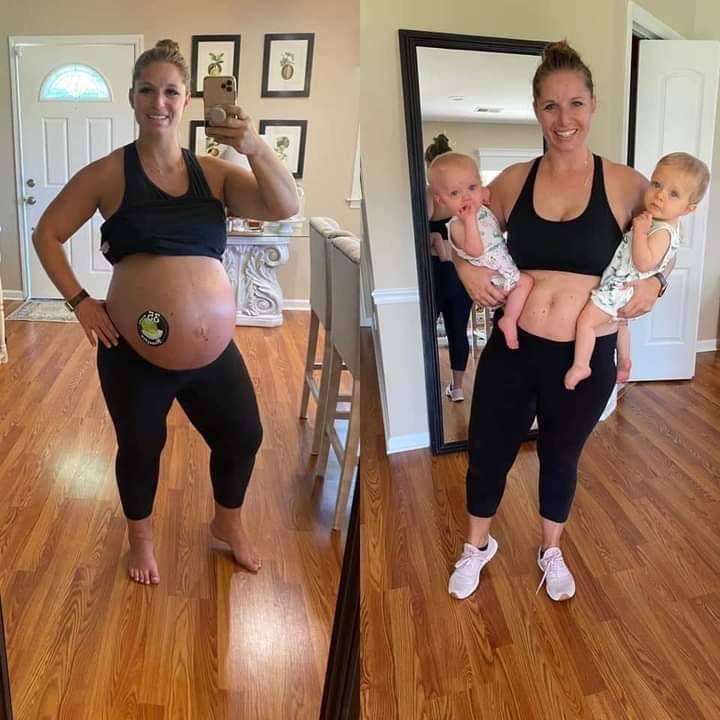SIGNS OF PREGNANCY
A missed period: The most common and clear-cut sign of pregnancy is a missed period. Once conception has happened, your body produces hormones that stop ovulation and the shedding of the lining of your uterus.
Frequent trips to the bathroom: Before you even miss a period, you may notice that you have to urinate more often. This actually happens because you have more blood than before. During pregnancy, your body’s blood supply increases. Your kidneys filter your blood and remove the extra waste. This waste leaves your body as urine. The more blood in your body, the more you will have to urinate.
Fatigue (feeling tired): Many women feel extremely tired in early pregnancy. This sign of pregnancy happens because of high levels of the hormone progesterone. Similarly to other early pregnancy symptoms, fatigue tends to get better in the second trimester. However, it does come back in the third trimester for many women.
Morning (and noon and night) sickness: Despite the name, this pregnancy symptom can happen at any time of the day or night.
Nausea: can happen as early as two weeks into a pregnancy or it can start a few months after conception. Not everyone experiences nausea and there are various levels of nausea. You can have nausea without vomiting—this changes from woman to woman. About half of pregnant women have vomiting.
Spotting (also called implantation bleeding): Though it may seem like a bad sign, light bleeding (spotting) can be a sign that your embryo has implanted in the lining of your uterus. Implantation takes place several days after conception. Implantation bleeding will look like small drops of blood or a brownish discharge from the vagina. It can start around the time of your regular period and can last for a few days to a few weeks. Spotting can cause some women to think they have just had a light period and aren’t pregnant.
food aversions: Food can be complicated during early pregnancy. Some women begin to crave certain foods or feel constantly hungry. While some foods and flavors may seem wonderful in early pregnancy, others might suddenly taste unpleasant. Food aversions can happen throughout pregnancy, making you dislike things you previously enjoyed.
Metallic taste in your mouth: Many women say that they experience a metallic taste in their mouths during the early stages of pregnancy. It may taste like you have a pile of coins in your mouth. This can happen when you eat certain foods or randomly throughout the day.
Headaches and dizziness: Headaches and the feelings of lightheadedness and dizziness are common during early pregnancy. This happens because of both the hormonal changes in your body and your increasing blood volume.
Cramping: You can also experience cramps that might feel like your period is about to start. If these cramps are felt mainly on one side of your body or are severe, it’s important to contact your healthcare provider immediately. This could be a sign of an ectopic pregnancy or other complication
Mood swings: As your hormones continue to change, you could experience mood swings. This is normal and can happen throughout pregnancy. However, if you ever feel anxious, depressed or have thoughts of harming yourself, it’s important to reach out to your healthcare provider.
Sleepy: you will always feel sleepy and like to sleep. This is common in early pregnancy and throughout pregnancy due to the hormonal changes in your body.



No comments yet
Be the first to share your thoughts!